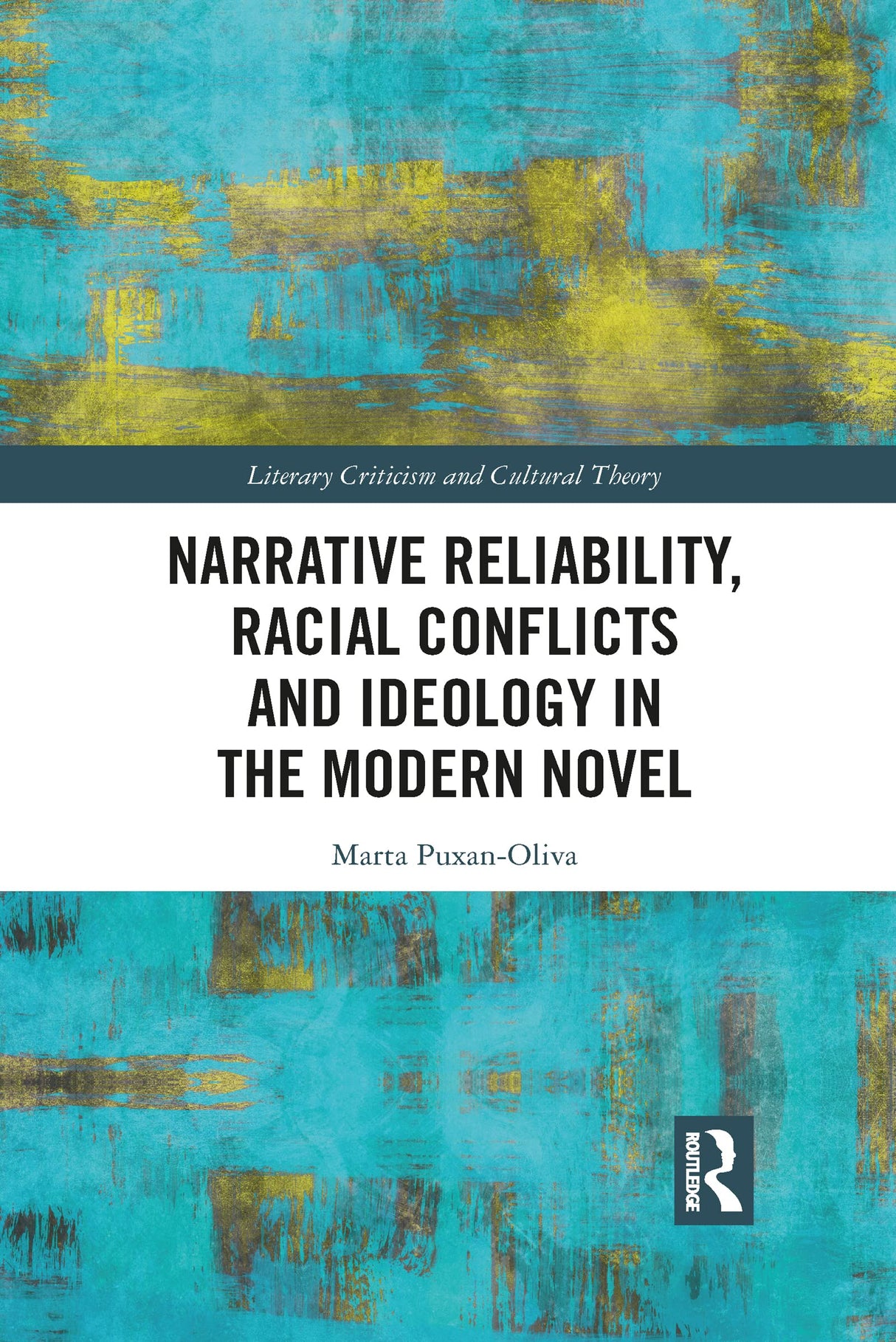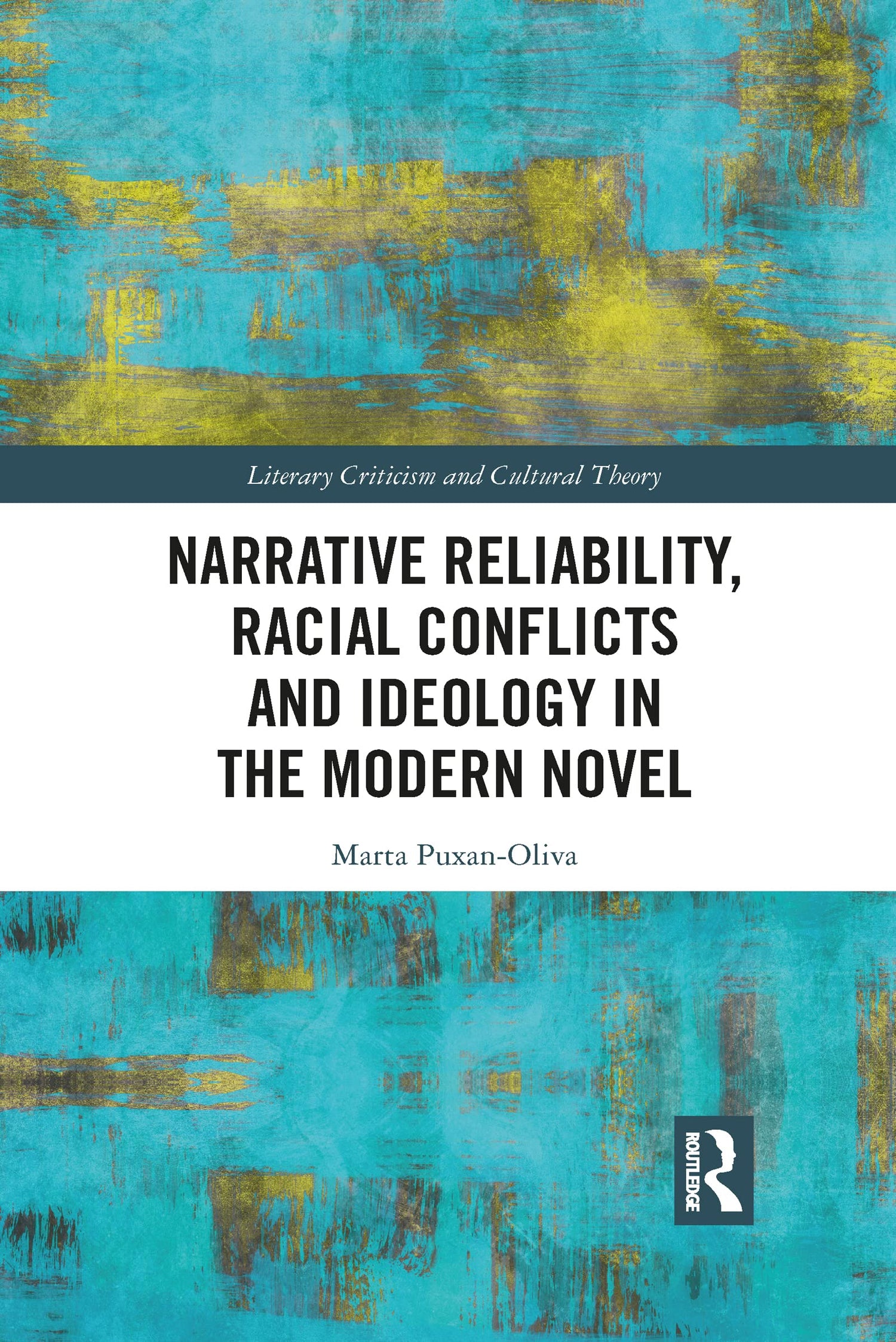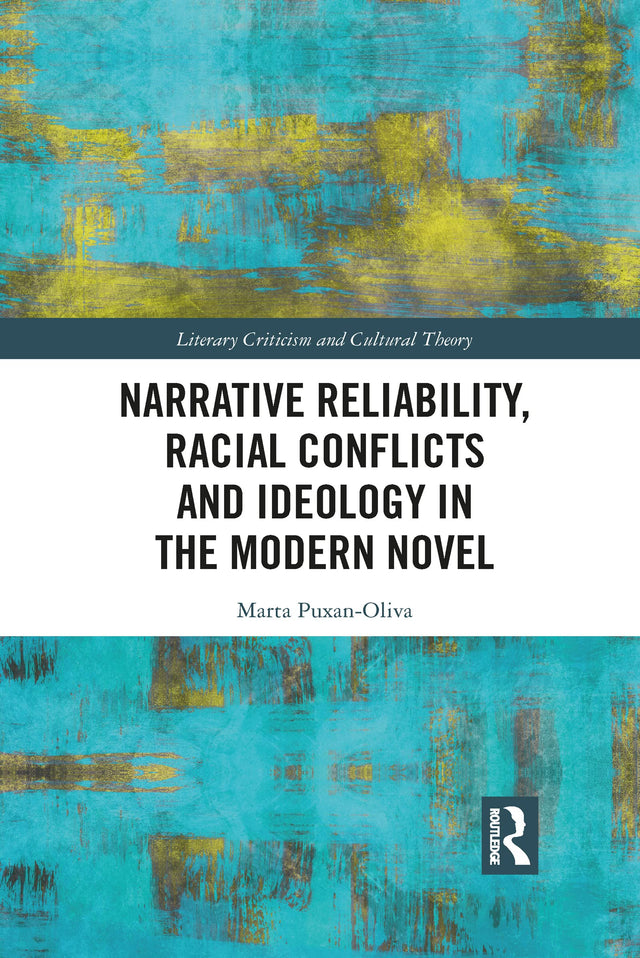Narrative Reliability, Racial Conflicts and Ideology in the Modern Novel (Literary Criticism and Cultural Theory)
Narrative Reliability, Racial Conflicts and Ideology in the Modern Novel (Literary Criticism and Cultural Theory) is backordered and will ship as soon as it is back in stock.
Couldn't load pickup availability
Genuine Products Guarantee
Genuine Products Guarantee
We guarantee 100% genuine products, and if proven otherwise, we will compensate you with 10 times the product's cost.
Delivery and Shipping
Delivery and Shipping
Products are generally ready for dispatch within 1 day and typically reach you in 3 to 5 days.
Book Details
-
Author: Marta Puxan-Oliva
-
Publisher: Routledge
-
Edition: 1st Edition
-
Binding: Hardcover
-
Format: Import
-
Number of Pages: 280
-
ISBN: 9781032093574
-
Languages: English
-
Dimensions: 9.0 x 6.0 x 0.7 inches
About The Book
In Narrative Reliability, Racial Conflicts and Ideology in the Modern Novel, Marta Puxan-Oliva delves into the powerful intersection of racial ideology and narrative form, offering a compelling comparative analysis of novels by iconic authors such as Joseph Conrad, William Faulkner, James Weldon Johnson, Albert Camus, and Alejo Carpentier. This groundbreaking work explores how racial politics shape literary narrative voices and how the concept of narrative reliability contributes to the creation and critique of racial ideologies.
Through a nuanced examination, Puxan-Oliva focuses on how experimental novels, often defined by their unique narrative techniques, engage with the violent colonial histories of the United Kingdom, the United States, Algeria, and the Caribbean. The book brings together critical perspectives from postcolonial, cultural, and racial studies with narratology, providing fresh insight into how modern literature reflects and challenges racial ideologies through its form.
By bridging these distinct fields, Narrative Reliability, Racial Conflicts and Ideology in the Modern Novel not only redefines narrative reliability but also highlights the importance of ideological discourses in shaping the narratives of racial conflict. It examines the use of narrative techniques as a tool to engage with deeply entrenched colonial histories, ultimately contributing to the ongoing discourse in literary and political theory.
A must-read for scholars and students of literature, cultural studies, and racial theory, this book offers a provocative look at how modern novels have served as both a reflection and critique of racial politics in the early to mid-20th century.





